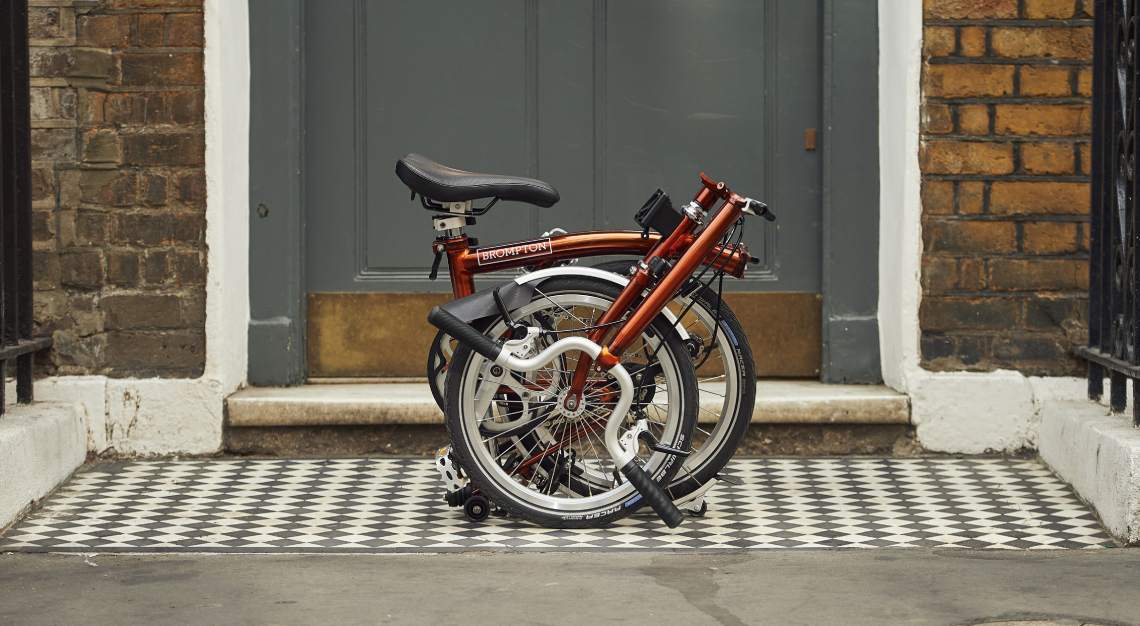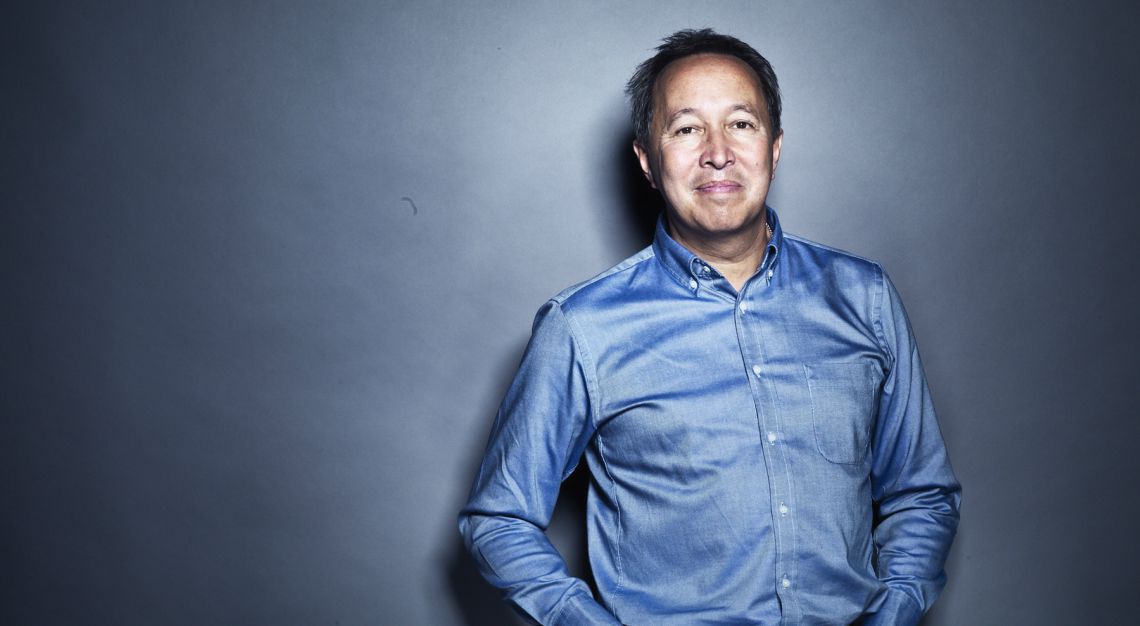You can’t reinvent the wheel, but you can turn a badly run company into something great. William Butler-Adams, CEO and soul of Brompton, did just that
We’ve all been late bloomers, be it in love, school or simply, life. But, better late than never, right? Brompton, a British firm that makes folding bicycles for a living, can attest to that. The company, whose bikes are smart, expensive and a hoot to ride, has been around since 1975. But it wasn’t until the last few years that its reputation grew exponentially. Over 80 per cent of the 50,000 Bromptons produced annually in the UK are now exported to some of the most crowded cities, such as Korea, Japan, Hong Kong and most recently, Singapore.
It’s a good thing, but CEO William Butler-Adams isn’t one to care that much. Following the ethos of brands like Dyson and Patagonia, which are obsessed with the integrity of quality products more than anything else, Butler-Adams also believes that a 15 to 20 per cent growth is sufficient. Not the best, but slow and steady always wins the race. After all, the bikes and its owners are what he cares most about.
And though not the inventor – that’s Andrew Ritchie, who hired him in 2002 to inject fresh thinking – he was the guy who turned a badly run business into a global superbrand. Here, we talk to him about authenticity, waste control and why smart business leaders should let go.
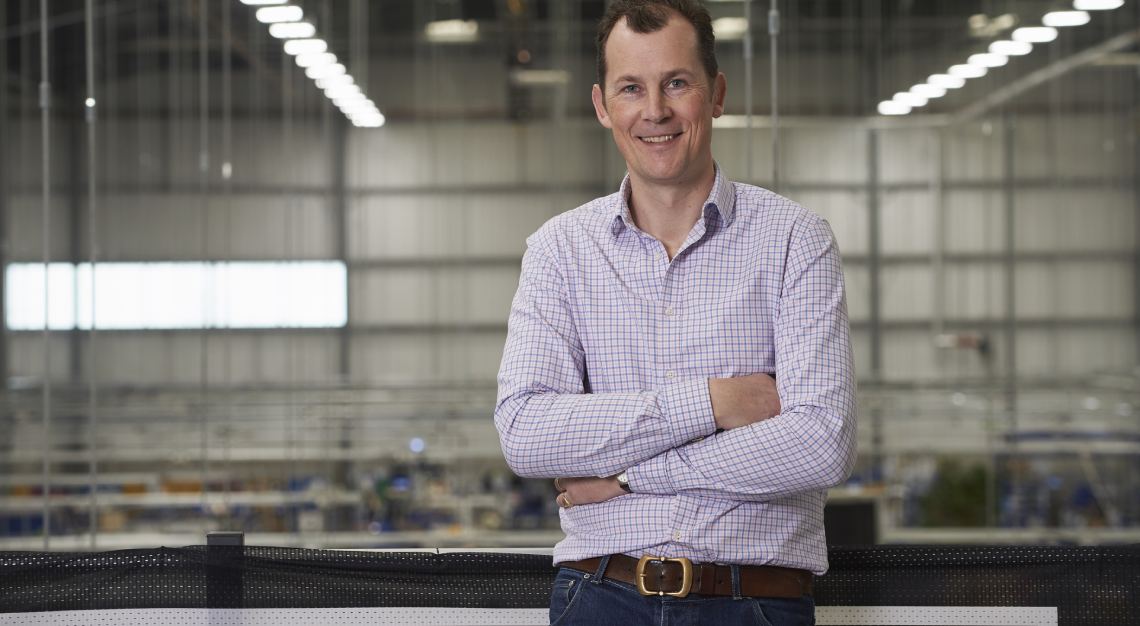
When you first got the job at Brompton, did you imagine yourself taking over and turning it into a global brand?
You know the funny thing is, I wish I had high ambitions because I never was interested in it becoming a global brand. I’ve always been keen on trying to get more people to enjoy life on our bike. What’s satisfying is people actually using the bike and having fun with it.
So when you took over, what was so wrong with the way the business was run back then?
When I joined Brompton, the obvious opportunity was how monstrously inefficient it looked to me. The product was super cool, but Andrew Ritchie, the founder, couldn’t make enough to meet the demand. Inside the factory, there were more stuff strewn everywhere than people adding value and building bikes. Andrew never threw a single thing away, and so my first job was to clear the crap out. We also had to learn how to work more efficiently, how to train people better and not just rely on some know-how. I always believe in learning from another business whose practices are way better, even if they’re from another industry. In the end, what you really want is to offer a better value to your customer.
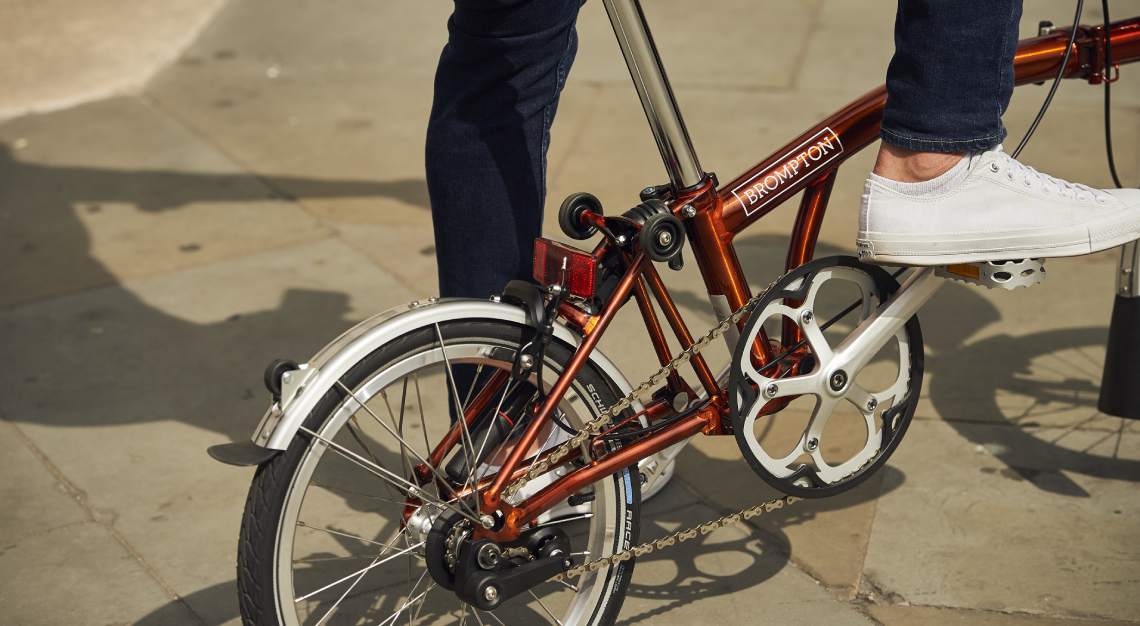
In a way, Andrew was micromanaging on some level. As a leader now, do you ever find it hard to lose control?
He was more of the inventor while I’m more of the business engineer. I have a good appreciation of a wide spectrum of engineering, but I have never been an expert at anything. So when you start seeing potential in a business and realise what you need to get where you want it to be, you need to go out and find it. That inevitably means people, and of course those people you need will likely have the skills and knowledge that you don’t have. It is why the idea of spending my entire life telling them what to do sounds preposterous. Instead, I’d tell them what we’re trying to achieve, and as such, I never found delegating a difficult thing to do.
Is letting go the key to success then?
Just letting go could also mean everyone running around without direction. The key is to set a clear vision of where you’re taking the company so everyone is on the same page. Once they are all pointing in the right direction, you need to give them the support to do their job. Define where they are heading, then you can let go.
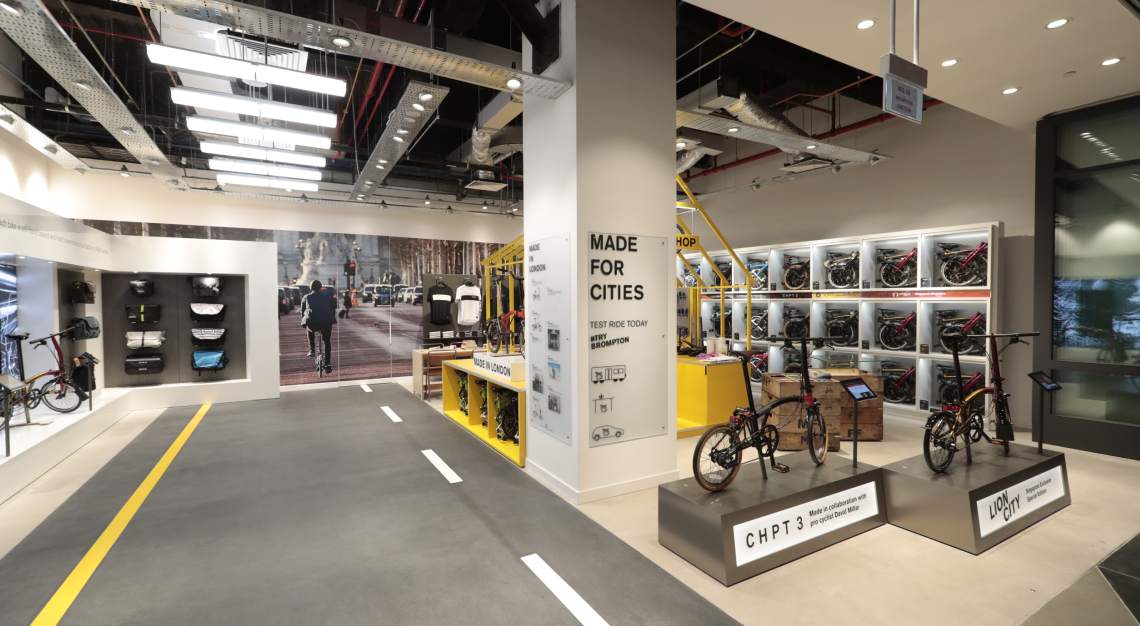
Despite having been able to bring Brompton to great success, do you still feel like you have something to prove in this industry?
I don’t have anything to prove, but I feel I have the tremendous urgency to contribute to society. We’ve got so little time to contribute and do our bit to make the world just a little better than before. Instead of taking advantage of the Earth’s resources, businesses should start giving back by working with the planet and contribute to its well-being. If they aren’t doing that, in time, customers will take their business elsewhere.
Brompton has over a thousand official dealers across the world. Has it been a challenge to maintain authenticity as your brand grows?
That’s never easy and we always try our best. It’s not that straightforward and it’s not like we want everybody to be a McDonald’s. We don’t want our stores to be the same, and we like the fact that they bring to customers a different local knowledge. After all, bikes are used differently country to country. This also isn’t a product whereby you flog it and then move on to the next customer. The day you sell a Brompton is the beginning of a 10- to 20-year relationship with the customer.
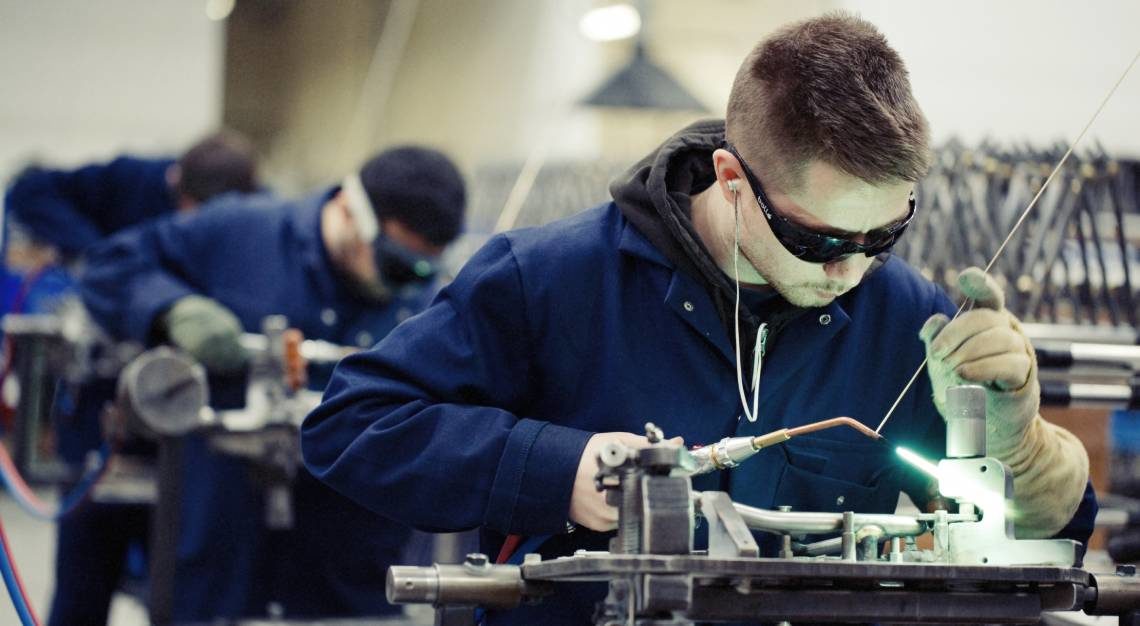
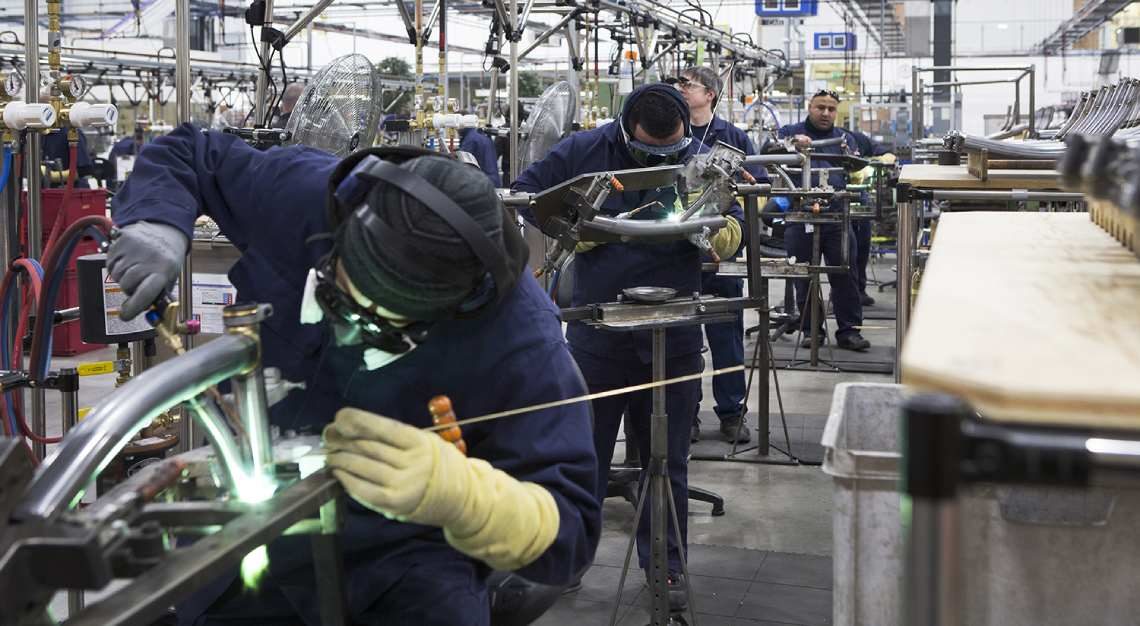
What are your thoughts on bike sharing?
When bikes are shared, it’s a useful and efficient use of resources. But I do think that the way it’s being implemented has been done with the wrong intention. The rise of Ofos and Mobikes in the last five years or so was not about making society more conscious about waste. It was capitalism gone wrong. People who invested money in those were just interested in making loads of money, and in doing so, millions of bikes were produced. Many of those bikes are now in landfills and huge piles of waste. These companies didn’t take time to understand the requirements of the city and its people, and therefore a tremendous missed opportunity just because people were a bit greedy.
How do you manage waste at the Brompton factory?
I suppose the best way to manage waste is to produce a product of good quality so it lasts a long time. And if you brought a bike in that’s 20 years old, we can fix it and send it right back onto the road. We have all the spare parts. People sometimes think about waste around the product, but the product itself is just as important. You want to be efficient and have the least waste possible, because waste is cost. Most products of today last two or three years, and quickly end up in a landfill. But that’s not what we want from our bikes.
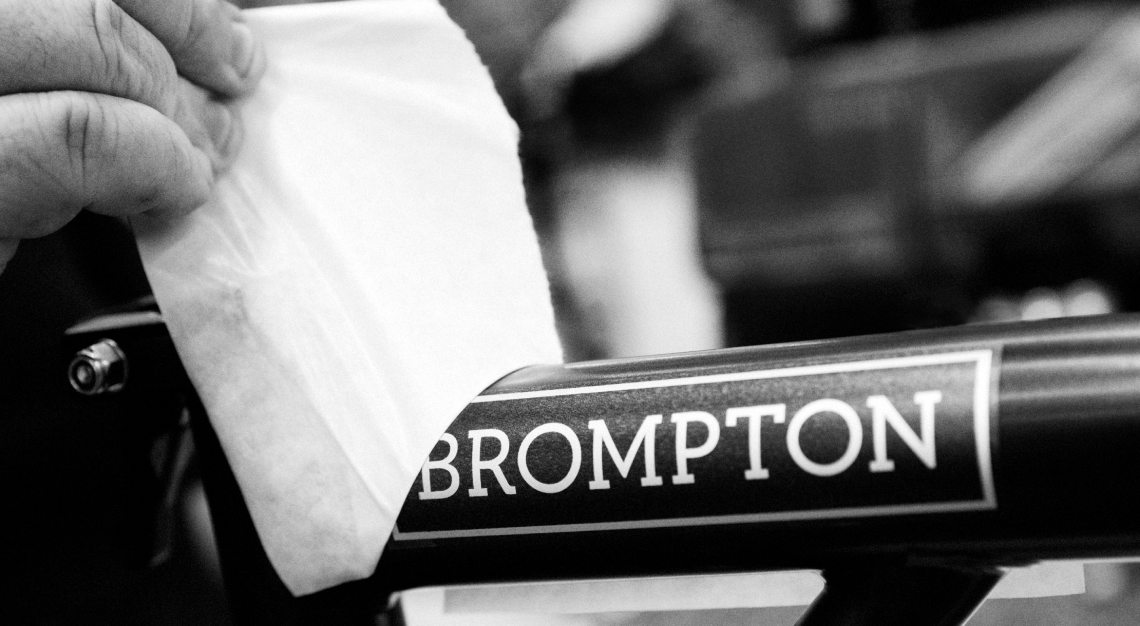
Sigmund Freud once said: “Love and work… work and love, that’s all there is.” Would you say that’s an accurate depiction of your life?
Yes, I would. I’ve spent a vast majority of my time on earth in a factory trying to make bikes. I do love it. I remember someone giving me this piece of advice very early on in my career – “you never know what you’d want to do, but if you ever find yourself doing something you don’t want to do, get the hell out.” But if you ever think you’re too brilliant for something, then it’s time for you to leave the business as well, because there is no such thing as brilliant.
